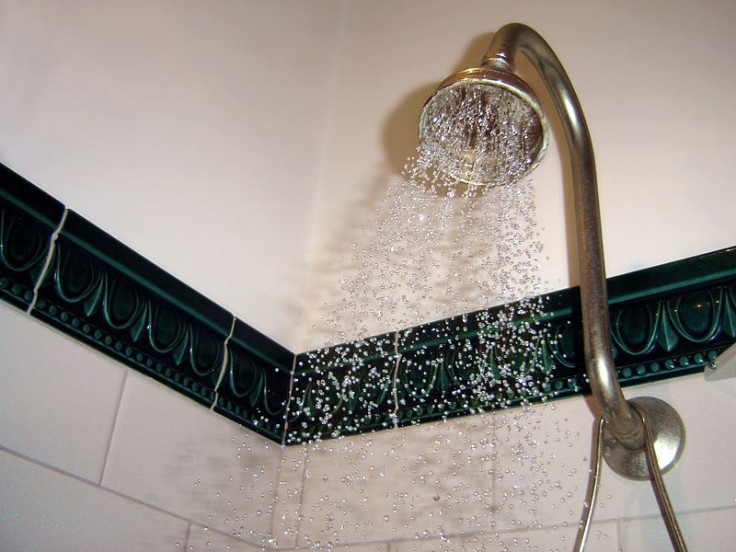Copper In Your Bathroom's Pipes Could Be Causing Your Bad Hair Days

Researchers working with Procter and Gamble, the world's largest cosmetic product company, say they have discovered what exactly causes the "bad hair day." The results of their analysis show that damage caused by sunlight, split-ends, fly-away strands, and less shine start in the last place you would expect — the shower.
According to the study's findings, copper that is present in the water that runs through the average bathroom's piping system could be causing significant damage to your hair. A possible remedy could depend on chemicals used in washing powder known as chelants.
The Centers for Disease Control and Prevention reports fairly low levels of copper in surface and groundwater. However, higher levels are introduced to the environment through mining, farming, manufacturing operations, and municipal or industrial wastewater releases into rivers and lakes.
"Copper is not present in large amounts but it is important as it is catalytically active," explained lead investigator with the study Dr. Jennifer Marsh.
"The copper comes in from the tap water and the hair acts like a sponge picking it up over time. Colouring hair can create free radicals that damage the protein in the hair and the copper can catalyse that reaction."
"In the same way, UV exposure from going out in the sun can do the same thing over a longer period of time," she added.
Marsh's research team tracked copper levels in the hair of over 300 women from nine countries around the world. Although some participants recorded 500 atoms of copper for every million molecules in their hair, the average was between 20 and 200 atoms per million, The Telegraph reported.
The strength and shine of a hair follicle is broken down over time by a metallic substance starting with the outer sheave or cuticle. Thankfully, Procter and Gamble is now in the middle of developing a new line of shampoo and conditioning products for the sole process of preventing copper buildup.
"Physical processes like brushing, blow drying and washing, hair is less able to stand up to those and it will break down faster and lead to split ends, lack of shine and make it harder to manage," Marsh added.
The Environmental Protection Agency is tasked with the responsibility of regulating the amount of copper in public drinking water. To find the standards of public health for copper in water, visit the EPA's website.
Source: Godfrey S, Staite W, Bowtell P, Marsh J. Metals in female scalp hair globally and its impact on perceived hair health. International Journal of Cosmetic Science. 2013.



























